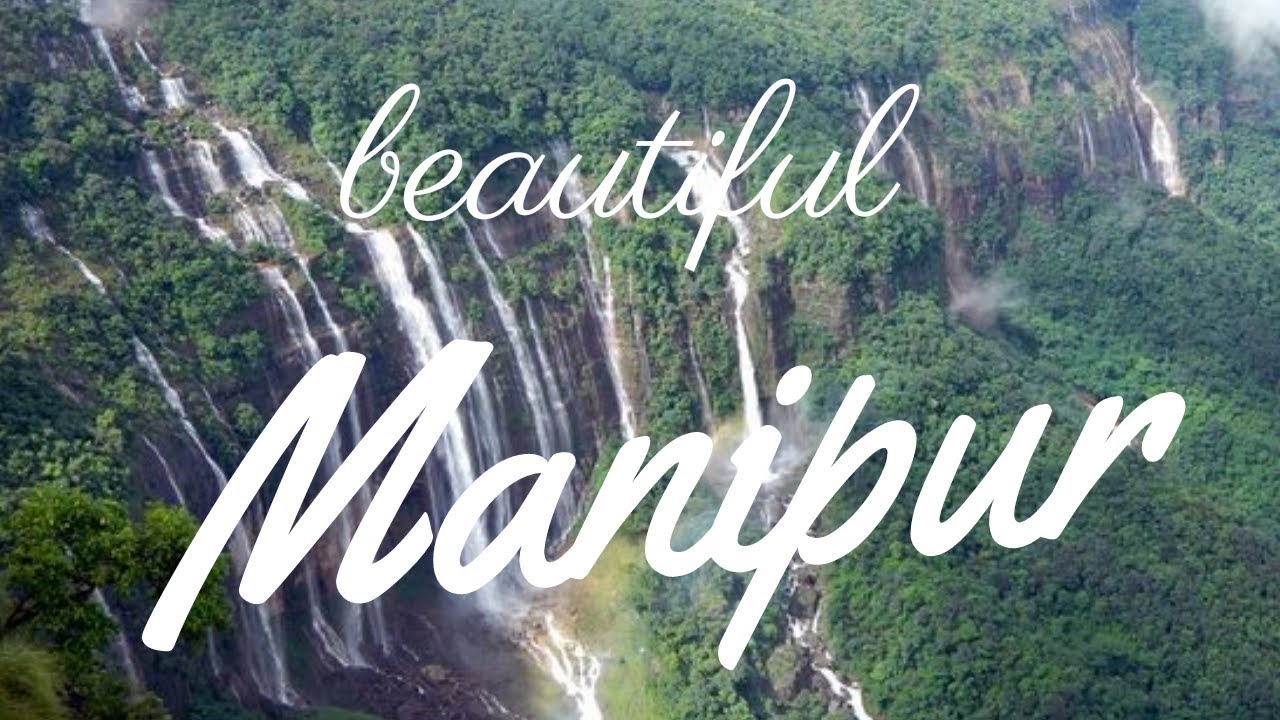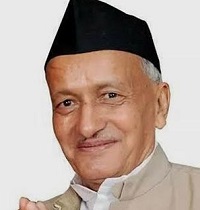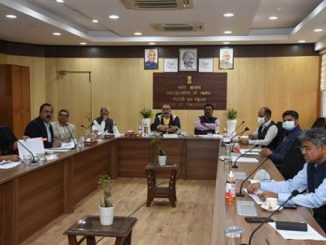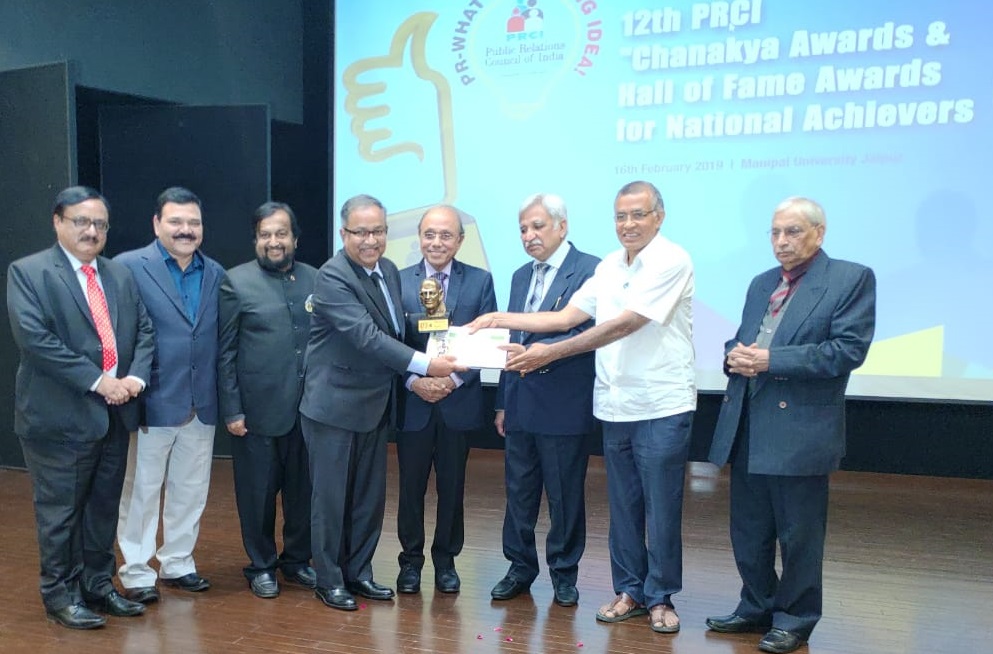
IndianBureaucracy.com Greets all people of Manipur on its Formation Day today. Manipur is a state in northeastern India, with the city of Imphal as its capital. It is bounded by the Indian states of Nagaland to the north, Mizoram to the south, and Assam to the west; Myanmar (Sagaing Region and Chin State) lies to its east. The state covers an area of 22,327 square kilometres (8,621 sq mi) and has a population of almost 3 million, including the Meitei, who are the majority group in the state, the Pangals or the Pangans (Manipuri Muslims), Naga tribes, Kuki/Zo tribes and other communities, who speak a variety of Sino-Tibetan languages. Manipur has been at the crossroads of Asian economic and cultural exchange for more than 2,500 years. It has long connected the Indian subcontinent and Central Asia to Southeast Asia, China (or East Asia), Siberia (Russia), Micronesia and Polynesia, enabling migration of people, cultures, and religions.
During the days of the British Indian Empire, the Kingdom of Manipur was one of the princely states. Between 1917 and 1939, some people of Manipur pressed the princely rulers for democracy. By the late 1930s, the princely state of Manipur negotiated with the British administration its preference to continue to be part of the Indian Empire, rather than part of Burma, which was being separated from India. These negotiations were cut short with the outbreak of World War II in 1939. On 11 August 1947, Maharaja Budhachandra signed an Instrument of Accession, joining India. Later, on 21 September 1949, he signed a Merger Agreement, merging the kingdom into India, which led to its becoming a Part C State. This merger was later disputed by groups in Manipur, as having been completed without consensus and under duress. The dispute and differing visions for the future has resulted in a 50-year insurgency in the state for independence from India, as well as in repeated episodes of violence among ethnic groups in the state. From 2009 through 2018, the conflict was responsible for the violent deaths of over 1000 people.
The Meitei ethnic group represents around 53% of the population of Manipur state, followed by various Naga tribes at 24% and various Kuki-Zo tribes at 16%. The main language of the state is Meiteilon (also known as Manipuri). Tribals constitutes about 41% of the state population(according to 2011 census) and are distinguished by dialects and cultures that are often village-based. Manipur’s ethnic groups practice a variety of religions. According to 2011 census, Hinduism is the major religion in the state, closely followed by Christianity. Other religions include Islam, Sanamahism, Buddhism, Judaism etc.
Manipur has primarily an agrarian economy, with significant hydroelectric power generation potential. It is connected to other areas by daily flights through Imphal airport, the second largest in northeastern India. Manipur is home to many sports and the origin of Manipuri dance, and is credited with introducing polo to Europeans.








Leave a Reply
You must be logged in to post a comment.